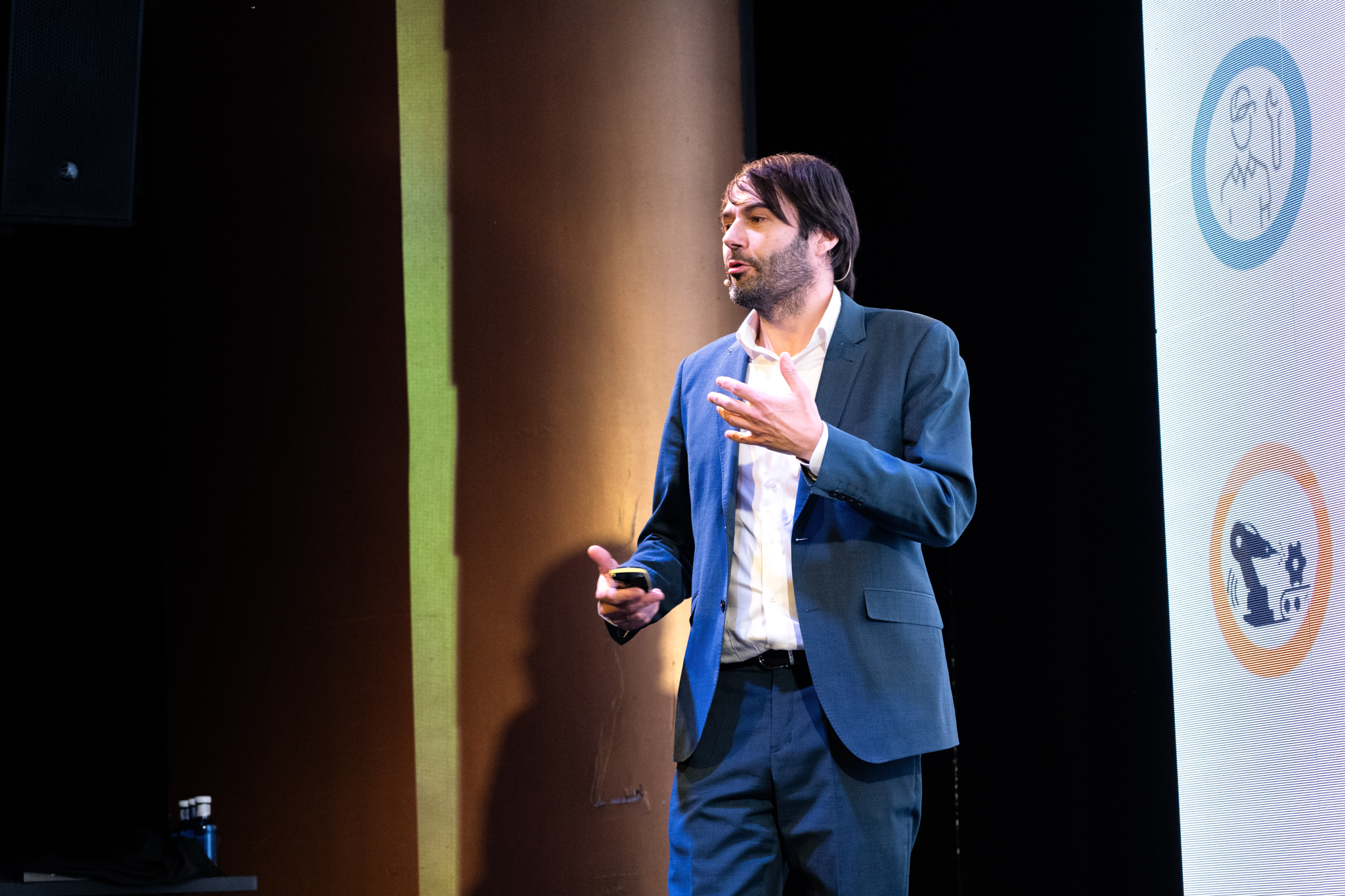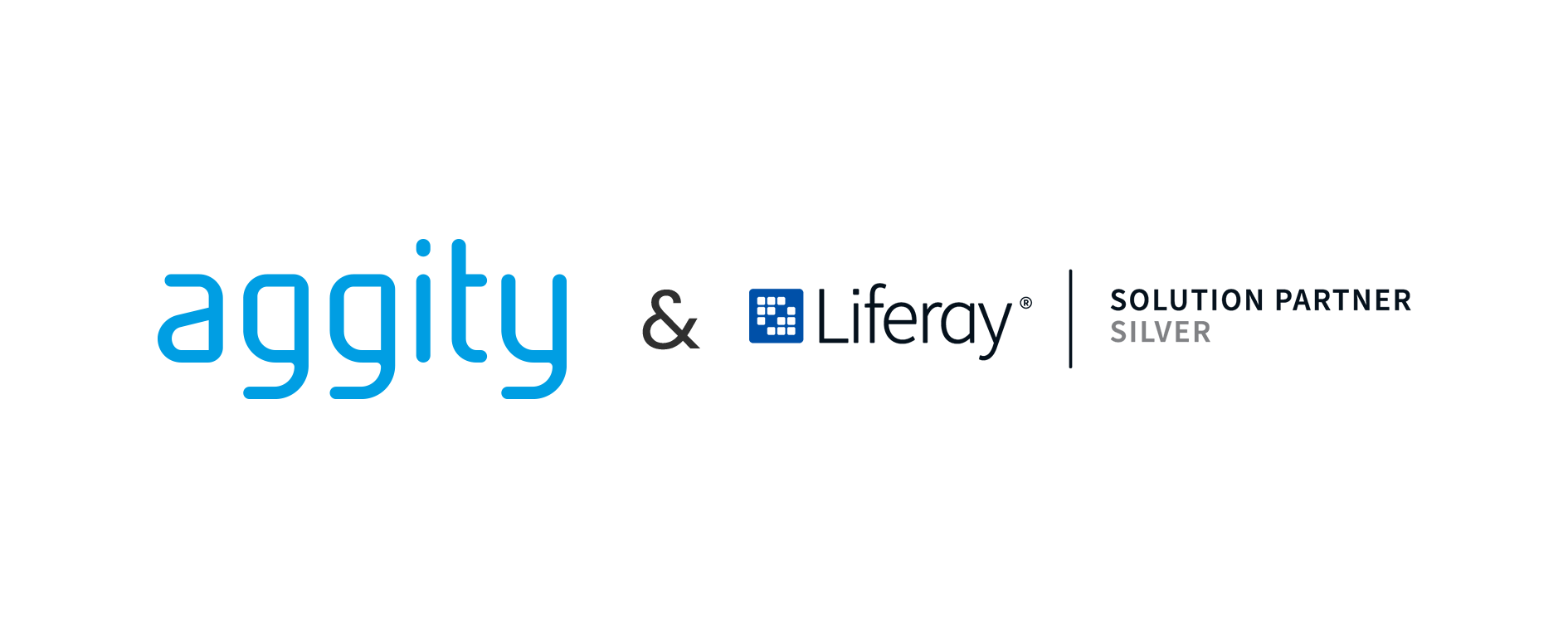Ethical hacking and computer security penetration testing

Employing ethical hacking in organizations allows them to strengthen their cybersecurity strategy thanks to the IT security penetration tests that are carried out.
Tabla de contenidos
ToggleTalking about hackers or hacking usually generates tensions in most of society and even among companies. However, it is common for large organizations in particular to incorporate hacker techniques into their departments as part of their cybersecurity strategy. This is known as ethical hacking.
The negative connotation of the hacker comes from the beginnings of computer science. Today anyone involved in the cybersecurity world screams to high heaven every time someone lumps all hackers together in the world of cybercrime. The usual mistake is to include the cybercriminal in the group of hackers, so, to differentiate the good from the bad, we speak of ethical hacker or hacker ethics.
What is ethical hacking
Ethical hacking and cybersecurity are two closely related concepts and their union enjoys greater relevance in the cybersecurity strategies of organizations. It is important to know that an ethical hacker is a person who works for an organization and whose job is precisely to attack the organization’s systems and applications. These attacks, known as computer security penetration tests, are perfectly controlled actions aimed at discovering and repairing any computer vulnerabilities and thus preventing them from being exploited by a cybercriminal.
In doing so, the ethical hacker does the following constantly testing the entire security of an organization’s systemsThis, together with the use of methodologies such as Zero Trust and cybersecurity solutions and platforms such as Cloud & Cybersecurity by aggityThe security measures implemented by the company’s IT department are reinforced.
Companies should incorporate ethical hacking into their cybersecurity strategies because of the significant value of the penetration tests that ethical hackers conduct. One of the problems often cited by organizations is the high cost they believe these services to be expensive, a perception that is not entirely true.

Cybersecurity and ethical hacking have the value of securing corporate data, systems and applications in a much more effective way. The cost is negligible if at any given time a cybercriminal takes advantage of cybersecurity vulnerabilities in the organization’s systems that could have been prevented by penetration testing conducted by an ethical hacker.
Advantages of penetration testing
Computer security penetration testing, also referred to as pentesting carried out by the ethical hacker have several phases. In the first step, all the necessary information is collected so that the following steps can be developed.
From there, in the second phase, the ethical hacker performs vulnerability analysis and then exploits the different types of cybersecurity vulnerabilities found. Finally, he prepares a report with details of the tests he has performed, detailing the vulnerabilities found, the consequences they could have in the event that a cybercriminal exploits them and the solutions that can be taken to fix them.

What an ethical hacker brings to the table
The great advantage of ethical hacking is that these professionals have a perfect knowledge of the techniques, the way they work and the intentions of cybercriminals. In addition, ethical hackers have in-depth knowledge of the company’s networks, systems and applications, and work closely with the cybersecurity department, so they can perform quality work.
Adding ethical hacking to the company’ s cybersecurity culture will therefore improve cybersecurity by detecting cybersecurity vulnerabilities, prevent data from being exposed and company equipment from being disabled, and prevent corporate espionage.
Últimos posts

aggity strengthens its commitment to sustainability as a SILVER partner of “Fundación Empresa & Clima”.

aggity participates in the IBM Ecosystem Summit 2024 with an applied case of Generative AI in the food industry

Aggity, together with the multinational Fortinet, present an exclusive event in Lima on the application of Generative AI in Corporate Cybersecurity.

aggity participates in Smart Ports: Piers of the Future

aggity Supports the Contigo Foundation at its Annual Dinner

Challenges and Opportunities of Generative AI in Industry: Our Experience at BNEW

Official Liferay Partner in Spain





